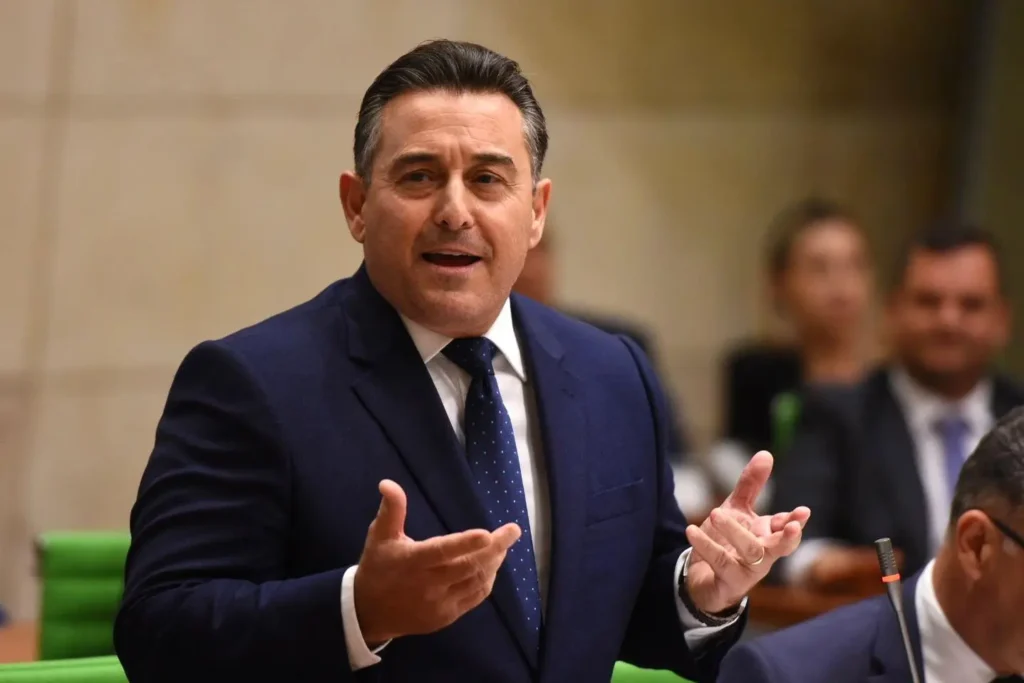In the intricate tapestry of Maltese politics, the Fenech Adami family stands as a prominent and influential force. Their legacy, deeply rooted within the Nationalist Party (PN), casts long shadows over their perceived adversaries in the political arena.
Embracing a strategic approach to both governance and political rivalry, the family identifies three principal political entities as their adversaries.

Partit Laburista
Foremost among these is the Labour Party. Long-standing ideological differences frame their opposition as more than mere political contestation; it is a fundamental clash of destinies. Holding firm to the belief in their inherent right to lead the nation, the Fenech Adami family positions Labour not only as political rivals but as the ideological antithesis to their vision for Malta. By emphasizing their own governance as virtuous, they craft a narrative that seeks to depict Labour in an unfavorable light, thereby strengthening their own moral and political standing.

Adrian Delia
Within the heart of the PN itself lies the second group of rivals: potential leadership challengers. The family’s unwavering conviction in their divine mandate to guide the party often positions them against contenders such as Josie Muscat, John Dalli, Adrian Delia, and recently, Alex Borg. Their political maneuvering within the PN underscores the family’s intent to maintain a distinct Fenech Adami imprint on the party’s leadership and direction.
On a more localized scale, the Birkirkara district serves as the third battleground. Here, the Fenech Adami family sees themselves as the custodians of influence and authority. Consequently, they view new political aspirants within the district as threats to their established dominion. Birkirkara is more than just a political stronghold; to the Fenech Adami family, it represents a microcosm of their legacy and right to rule.

Eddie u Beppe Fenech Adami.
Underneath this web of political strategizing, the dynamics within the PN suggest that the party operates under the tutelage of the Fenech Adami family. Critics may describe the situation as emblematic of a party within a party, where the real locus of control lies with key figures like Beppe Fenech Adami, awaiting his moment to ascend officially to leadership. Current leader Bernard Grech’s role is thus perceived as a temporary facade, allowing the de facto leadership to strategize and maneuver behind the scenes.

Bernard Grech
In summary, the Fenech Adami family’s political strategy reflects an entrenched belief in their prerogative to lead. Their approach to perceived adversaries, both external and internal, reveals a persistent drive to safeguard their legacy and steer political outcomes in their favor.





